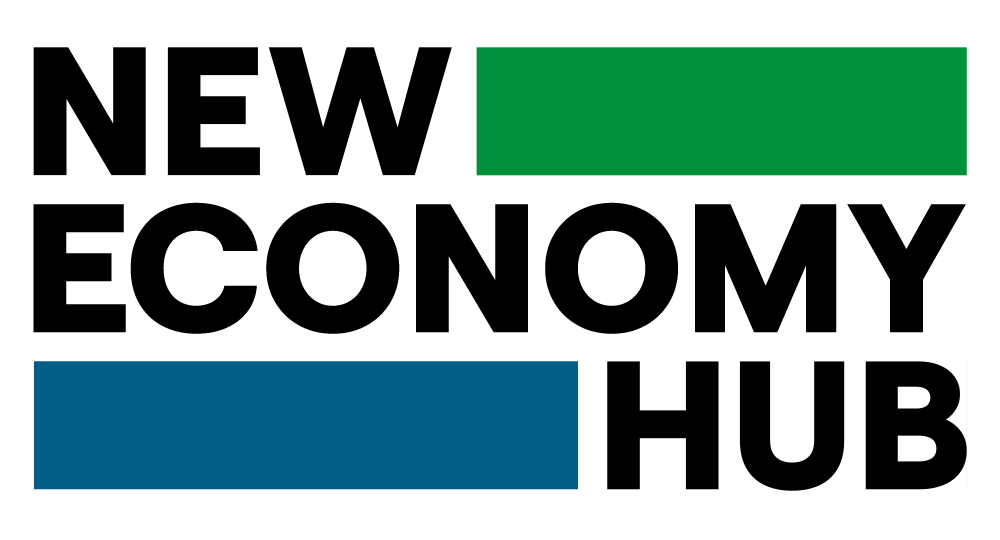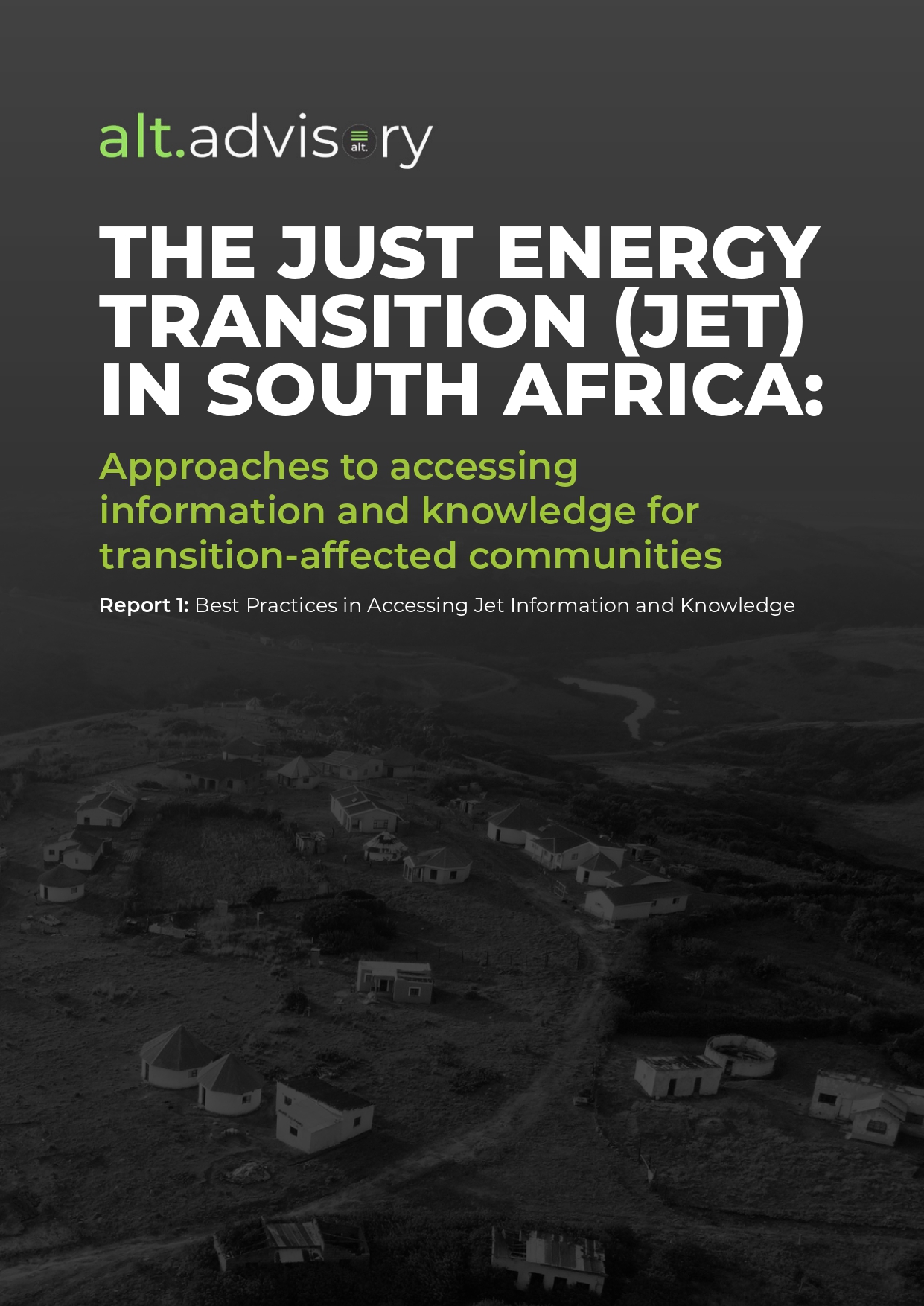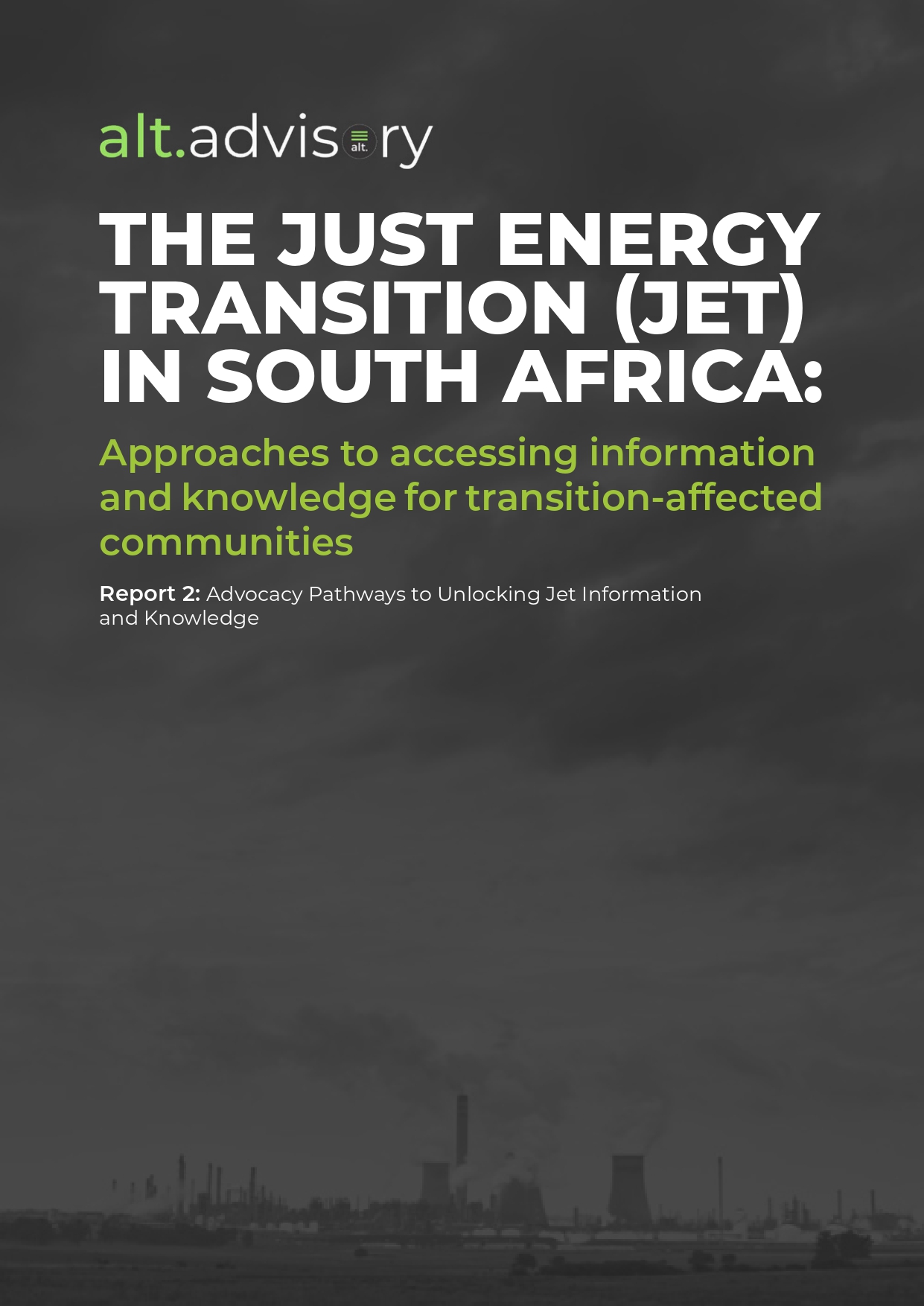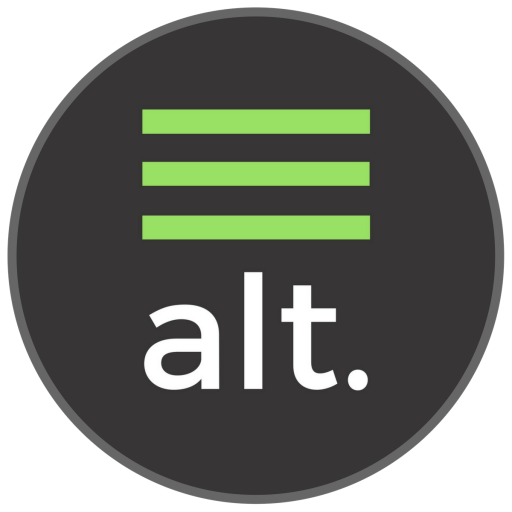About
This web portal is a research initiative by ALT Advisory on the intersections between transparency, access to information, and climate-resilience.
South Africa’s just transition to a climate-resilient and equitable society depends on transition-affected communities having access to relevant and timely information and knowledge. This starts with the proactive publication and communication of up-to-date information that drives South Africa’s just energy transition (“JET”). We call this the JET through climate-resilient development.
The Climate Resilience Africa web portal is a user-friendly guide to a growing collection of online resources that support South Africa’s JET through climate-resilient development. This information and knowledge can be used to make sure that the activities behind South Africa’s JET are in fact “just” and that, as we develop together, we are on track to a climate-resilient society. Importantly, the process of pulling together these online resources, in consultation with civil society stakeholders, allows us to highlight unknown or underused pockets of JET information and knowledge. It also allows us to identify key information gaps that should be automatically available to the public without the need for a request in terms of the Promotion of Access to Information Act 2 of 2000.
This web portal is a living resource in the public interest. We invite all contributions for collective benefit, to promote open governance, protect constitutional rights, and secure climate justice.



This online resource guide is part of ALT Advisory’s exploratory research on the intersection of access to information and South Africa’s JET. It has been developed in partnership with the African Climate Foundation’s New Economy Hub. Providing the context for this Climate Resilience Africa web portal, this intersectional work has also produced two reports in the public interest:
A Best Practice Report that documents applicable international law and standards, developments, and best practices in support of the automatic disclosure and free flow of JET-related information and knowledge to the public, and systematic barriers identified in the implementation of South Africa’s Promotion of Access to Information Act 2 of 2000.
An Advocacy Report that builds on insights from this exploratory research – including the online source collation, stakeholder consultations, and outcomes from a set of information requests – and proposes seven possible advocacy pathways to unlock categories of JET information and knowledge. These approaches include legal strategies, policy and systems development opportunities, educational tools, and capacity-building initiatives.



